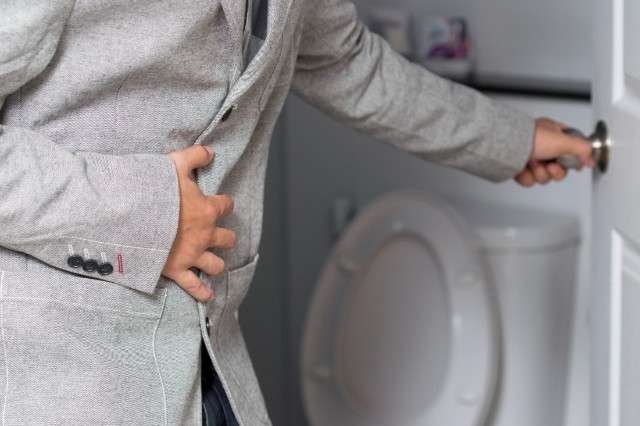
Loose motion is a common digestive issue that almost everyone experiences at some point in life. While it is often temporary and caused by mild infections or food problems, sometimes it can be a sign of a serious health condition. Ignoring the symptoms may worsen dehydration, weakness, or indicate other underlying diseases. In this article, we will discuss the 10 signs of loose motion you should not ignore and when to consult a doctor.
List Of 10 Signs of Loose Motion You Should Not Ignore
1. Loose Motion Lasting More Than 2 Days
If loose motion continues for more than 48 hours without improvement, it is a warning sign. Persistent diarrhea may point to bacterial infection, food intolerance, or chronic digestive issues.
2. Blood in Stool
The presence of blood or mucus in stool is one of the serious signs of loose motion. It may indicate dysentery, ulcerative colitis, or other intestinal infections. Immediate medical attention is required.
3. Severe Abdominal Pain with Loose Motion
Mild stomach cramps are common, but severe or sharp abdominal pain along with loose motion may suggest gallbladder infection, food poisoning, or appendicitis.
4. High Fever Along with Diarrhea
If you experience a high fever with loose motion, it could mean a bacterial infection like salmonella or E. coli. This is one of the signs of loose motion that should not be ignored.

5. Loose Motion with Dehydration
Frequent watery stools cause dehydration, leading to dry mouth, excessive thirst, dizziness, and low urine output. This can be dangerous if not treated quickly.
6. Sudden Weight Loss
Unexpected weight loss along with chronic loose motion may indicate malabsorption syndrome or even serious conditions like Crohn’s disease. It should be checked by a doctor.
7. Loose Motion After Traveling
Traveler’s diarrhea is common, but if it lasts too long or is accompanied by fever and weakness, it may be due to harmful parasites or contaminated water.
8. Weakness and Fatigue with Loose Motion
Excessive weakness and fatigue are common signs of loose motion when your body loses essential fluids and electrolytes. Prolonged fatigue should not be ignored.
9. Loose Motion in Children and Elderly
Children and older people are at higher risk of dehydration during loose motion. If the condition persists, it is important to seek consultation immediately.
10. Recurrent Loose Motion After Meals
If loose motion frequently occurs after eating certain foods, it may indicate food intolerance, gluten sensitivity, or irritable bowel syndrome (IBS). This is one of the warning signs of loose motion that requires medical advice.
When to Consult a Doctor?
While most cases of loose motion can be managed with rest, fluids, and Ayurvedic home remedies, the above signs of loose motion should not be ignored. Timely consultation can prevent serious complications.
👉 If you are suffering from continuous loose motion, consult with Ayurvedic experts at Vedic Upchar for natural, safe, and effective treatment.